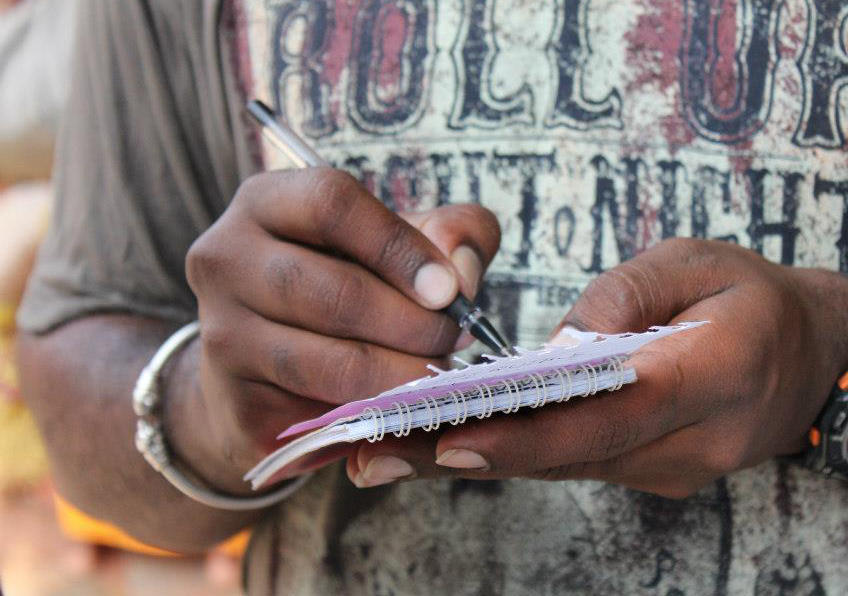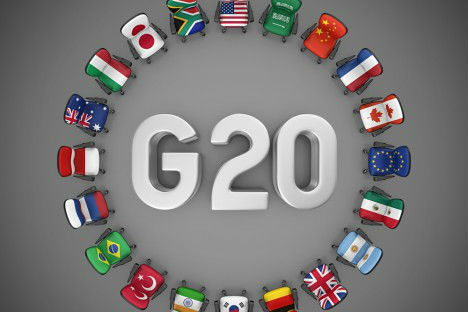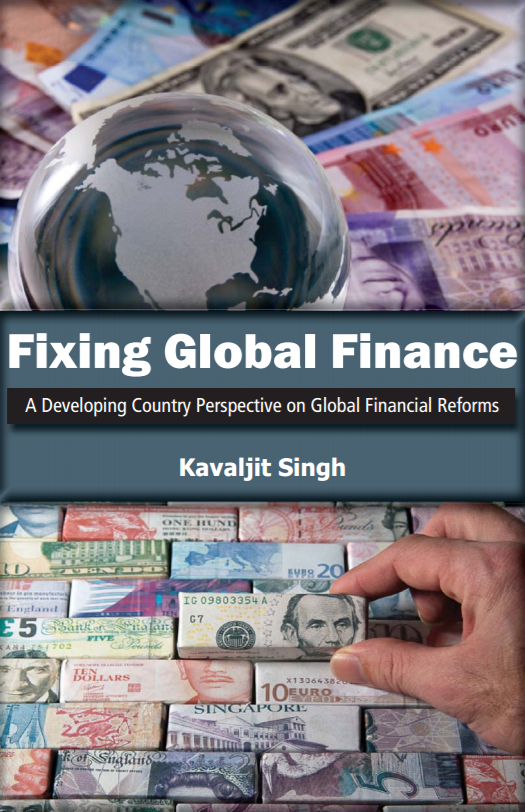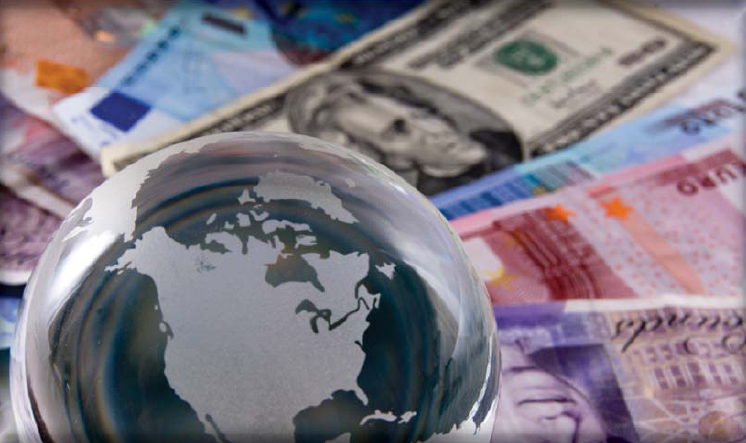
Madhyam and SOMO are working together on global financial reform
Kavaljit Singh is a researcher who has been focusing on Indian and global trade, finance and investment issues for years, with his non-profit organisation Madhyam. This article will give you an overview of the collaboration between SOMO and Madhyam. Madhyam is very successful at distributing the joint publications as well as Singh’s own critical opinion articles in newspapers and blogs in India and beyond. Especially now this is of great importance as the current Indian government is catering primarily to the needs of large multinationals.
While Madhyam (opens in new window) has been a SOMO partner since 2012, cooperation and funding concerning work on these issues started longer ago in 2009. Madhyam is striving to increase the capacity of NGOs through knowledge transfer, among others on issues related to the financial sector, not only in India but all over the world. An example of this knowledge sharing is the publication of the papers Summary Banking Sector Liberalisation in Uganda and Summary Banking Sector Liberalisation in South Korea. In these studies, SOMO and Madhyam explored the experiences gained in liberalising the banking sectors in developing countries, working together closely with local researchers since literature was lacking.
Kavaljit Singh: “SOMO and Madhyam are working towards the same goals, and their collaboration is based on mutual understanding and solidarity, with SOMO being in a position to provide financial support. We consult each other from the beginning with the set up of a research project, up to and including the distribution of the results, as well as organising workshops and seminars.”
Madhyam and SOMO both continually study the impact of investment treaties. For example, Madhyam kept SOMO informed of the grievance filed by investors against the Indian government. In an approach comparable to how SOMO works, Madhyam exposes what is wrong with investment treaties, now often integrated in trade treaties, and then makes recommendations as to how things can be done differently.
Keep financial reform on the agenda
In their partnership, SOMO and Madhyam focus on what is on the international agenda regarding the financial sector, trade and investment. SOMO researcher Myriam Vander Stichele explains: “Together we not only increase knowledge regarding trade treaties but also regarding the banking sector, through publications such as Rethinking Liberalisation of Banking Services under the India-EU Free Trade Agreement, and we continually draw attention to financial reform. This is often a difficult topic for NGOs and Madhyam can reach out to Southern NGOs.”
Partnership increases impact
Madhyam has a good international reputation. Despite its modest scale it is an excellent research body and successful at distributing its publications and opinion articles. When organising activities, Madhyam often works together with other Indian NGOs. “Madhyam achieves a great reach for its work by the way it works and therefore has a considerable impact,” says Vander Stichele. The publication Fixing Global Finance (2010) is a good example of the close collaboration between Madhyam, SOMO and the Indian organisations. Singh: “This report was downloaded from Madhyam.org more than 120,000 times before March 2014, and has received recommendations from leading experts and policy makers.”
Manual for NGOs
In recent years, Madhyam has been researching the speculation that determines the prices of food and agricultural products via derivatives on the Indian futures market and the regulations surrounding it. This is a subject of great social importance in the context of financial reform. On the basis of this research, Singh is currently writing the Beginners’ Guide to the Indian Commodity Futures Markets to help NGOs in other countries to urge their governments to make better choices, based on Singh’s findings, than the Indian government has done. SOMO is supporting Madhyam with advice on the research subject and distribution channels. “It is the first time in India that this subject is being studied from the perspective of public interest and not from the viewpoint of the corporations and banks. We have focused on banks, equity and foreign exchange markets before,” says Singh.
Generating public and political attention
In addition to their research and various other activities in India, Madhyam’s employees frequently visit the Alternative G20 Summits to expand their network and to generate public and political attention for their themes. Working with SOMO they monitor the statements of ministers at the G20 Summit with respect to the BRIC countries (Brazil, Russia, India and China).
Future plans
“In the coming years, we want to continue our activities in the field of finance, trade and investments, but it is also essential to explore macro-economic policy to be able to keep promoting a sustainable path for the future, with equality for everyone,” says Singh.
Do you need more information?
-

Myriam Vander Stichele
Senior Researcher
Partners
Related content
-

-
Fixing Global Finance Published on:K. Singh SinghPosted in category:PublicationK. Singh Singh

-

-

-

-
Why share buybacks are bad for the planet and peoplePosted in category:Opinion
 Myriam Vander StichelePublished on:
Myriam Vander StichelePublished on: Myriam Vander Stichele
Myriam Vander Stichele -
 The Netherlands: European champion share buybackPosted in category:Long read
The Netherlands: European champion share buybackPosted in category:Long read Rodrigo FernandezPublished on:
Rodrigo FernandezPublished on:

